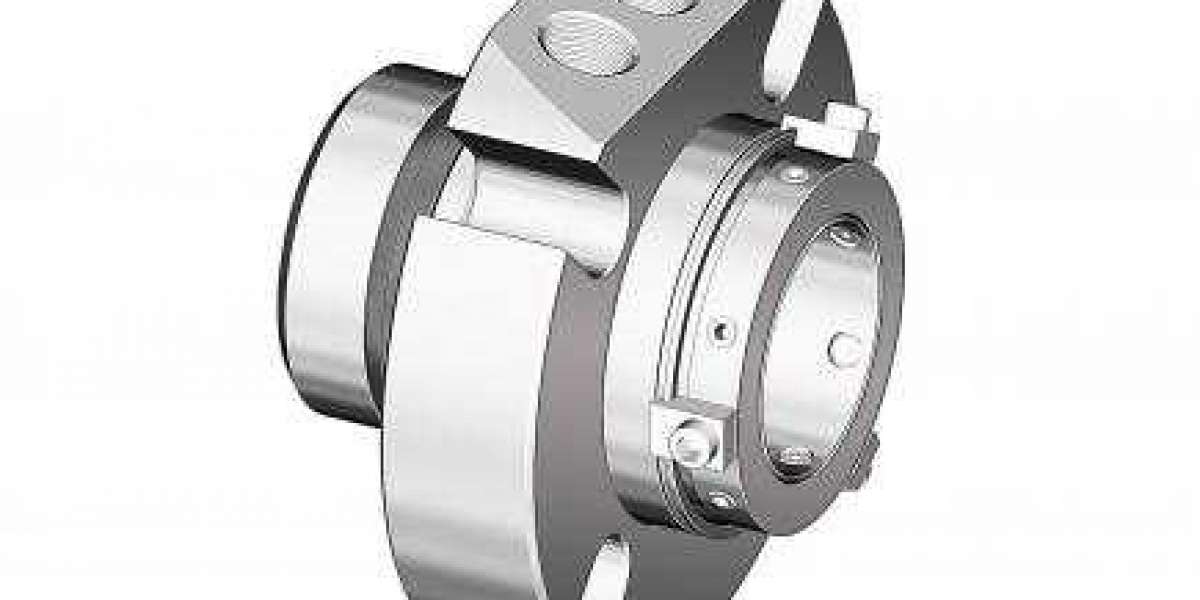Most homeowners wrongfully assume that their toilet Septic tank pump out can serve as some sort of garbage disposal. As a result, they end up flushing all manner of things in the toilets. Some of the things that are flushed down the toilet are actually innocent mistakes because homeowners think that is the right way to dispose of the products while in other cases, it is just a don’t care attitude. Whichever the case may be, flushing some of these things can result in septic system failure and it could cost you a fortune. We have rounded up some of the commonly-flushed products that you should never flush if you have a septic system.
FLUSHING CIGARETTE BUTTS
Most smokers are afraid of starting a fire by throwing the cigarette butts in the trash can. They, therefore, resort to using the toilet because they figure the water in the toilet bowl will extinguish the cigarette. As noble as it might sound, it actually causes more harm than good. For starters, cigarette butts are made of tightly woven plasticized cellulose acetate, which is a nonbiodegradable material. The butts can, therefore, end up clogging the drainfield. Additionally, cigarettes often have hundreds of additives and some of these additives contain heavy metals like cadmium which are toxic to bacteria in the septic tank.
Hint: To solve the issue of accidental fires in the trash can, place your cigarette butts in an ashtray and then empty them a day later into the trash can.
FLUSHING CONDOMS
There is a general misconception that condoms are biodegradable and it is, therefore, safe to flush them in the toilet. But the truth is that even latex condoms are not made purely from latex rubber. Synthetic materials like polyurethane are usually added in a bid to make them stronger and thinner. These synthetic materials that are added are what make condoms nonbiodegradable. If you keep flushing them in the toilet, they could eventually clog up the pipes in the septic system.
FLUSHING EXPIRED MEDS
Pharmaceuticals are made of very durable molecules and so they can easily resist the liquifying process in the septic tank and end up polluting the groundwater. Furthermore, expired meds are quite toxic and can kill the bacteria in the septic tank. For instance, antibiotics have been specially made to fight and kill bacteria and they will do just that in the septic tank. This is why all unused and expired meds shouldn’t be flushed in the toilet.
ANTIBACTERIAL PRODUCTS
Antibacterial products like handwashes, kitchen cleaners, and toilet soaps have one main principle of operation – the killing of bacteria. Since the septic tank relies on bacteria to digest organic waste, you do not want these products to get there. it is therefore advisable to completely avoid using any antibacterial product. You can use the regular soaps instead or use safe DIY products like lemon juice.
WET WIPES/ FACE WIPES
Wet wipes are increasing in popularity but they are also responsible for clogging up sewage pipes thereby causing backups. Some of the popular brands promote their wet wipes as flushable but you still shouldn’t flush them. Research shows that wet wipes account for up to 93% of matter causing blockages in sewers. To avoid being part of this statistic, dispose of your wet wipes in the trash.
SANITARY TOWELS
Sanitary pads and tampons are not biodegradable. When you flush them, you risk clogging up the pipes. in addition, since bacteria can’t break them down, they will accumulate in the tank and contribute to sludge buildup. This will eventually cause your tank to fill up quicker than it should which means you might have to schedule a pumping sooner than you had planned.
PAINTS
Paint is composed of a pigment, a binder, a solvent as well as additives. There is a general misconception that water-based paint is safe for the septic tank but this is not true. The only difference between water-based and oil-based paint is the solvent used. Oil-based paints use turpentine but water-based ones use water as the solvent. However, all the other components are the same and so all paints are still toxic. Any leftover paint from your home improvement project should be properly disposed of at a hazardous waste facility.



